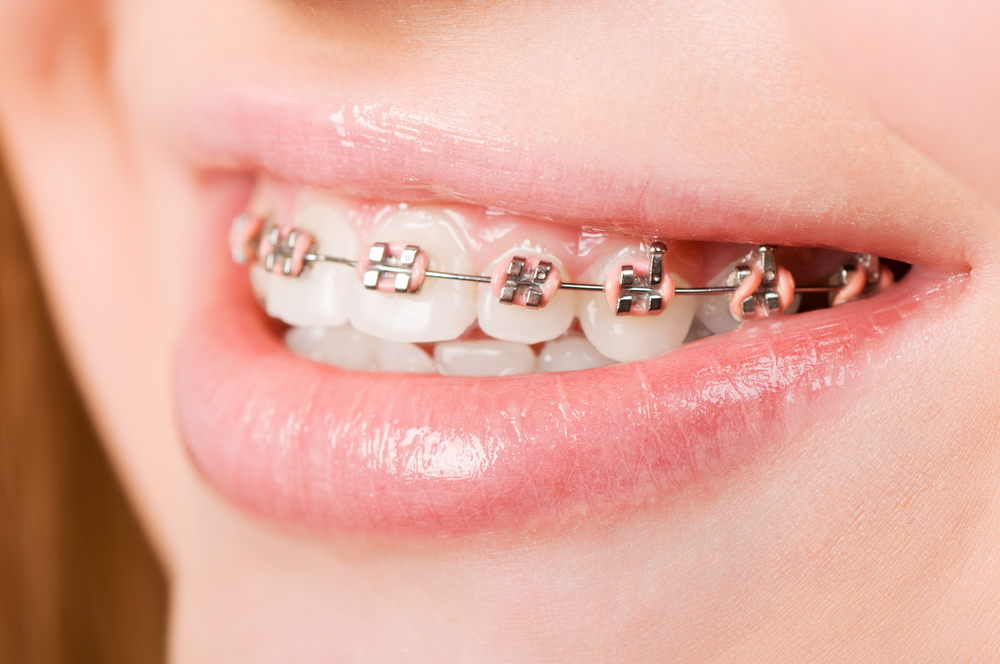 Are you hoping to catch someone under the mistletoe this season? Kissing under the branches and berries of a mistletoe sprig has been a worldwide tradition for generations, perhaps longer (the origins of the ritual are vague). Many people still find the tradition fresh and exciting every year, and you may be among those surprised with a kiss. If so, you’ll want to ensure that the person kissing you remembers the moment for the right reason. Atlanta dentist Dr. Peter Pate gives you these tips to ensure that your mouth remains kissable and ready for those mistletoe surprises.
Are you hoping to catch someone under the mistletoe this season? Kissing under the branches and berries of a mistletoe sprig has been a worldwide tradition for generations, perhaps longer (the origins of the ritual are vague). Many people still find the tradition fresh and exciting every year, and you may be among those surprised with a kiss. If so, you’ll want to ensure that the person kissing you remembers the moment for the right reason. Atlanta dentist Dr. Peter Pate gives you these tips to ensure that your mouth remains kissable and ready for those mistletoe surprises.
Tips to a Kissable Mouth
- To keep your breath consistently fresh, your toothbrush and floss are your best friends. Oral bacteria, the culprits that bring tooth decay and gum disease, can also bring bad breath. Brushing and flossing your teeth at least twice a day will help control the bacterial population, inhibiting the number of germs available to pass gas in your mouth. (more…)

 For many people, the first thought that October brings to mind is Halloween and the hordes of candy that will inevitably assault their oral health. However, there is another reason to celebrate October as the American Dental Hygienists’ Association (ADHA) marks National Dental Hygiene Month. Since most of us have been instructed to care for our teeth since childhood,
For many people, the first thought that October brings to mind is Halloween and the hordes of candy that will inevitably assault their oral health. However, there is another reason to celebrate October as the American Dental Hygienists’ Association (ADHA) marks National Dental Hygiene Month. Since most of us have been instructed to care for our teeth since childhood,  October is an important month for more than just the ghouls and goblins that roam the street on Halloween. It is also National Breast Cancer Awareness Month, a time to promote diligence and awareness of the most common cancer diagnosed among women. Studies conducted by the World Health Organization (WHO) indicate a strong connection between the presence of
October is an important month for more than just the ghouls and goblins that roam the street on Halloween. It is also National Breast Cancer Awareness Month, a time to promote diligence and awareness of the most common cancer diagnosed among women. Studies conducted by the World Health Organization (WHO) indicate a strong connection between the presence of  As a triathlete,
As a triathlete,  Approximately 30-50% of teens in the US consume energy drinks in an effort to improve their athletic prowess, sharpen their concentration, or just obtain a boost of energy to make it through the rest of the day. 62% of American teens consume sports drinks at least once a day. The general belief is that a sports drink, or even an energy drink, is better for you than a sugary alternative, such as juice or soda. Atlanta dentist
Approximately 30-50% of teens in the US consume energy drinks in an effort to improve their athletic prowess, sharpen their concentration, or just obtain a boost of energy to make it through the rest of the day. 62% of American teens consume sports drinks at least once a day. The general belief is that a sports drink, or even an energy drink, is better for you than a sugary alternative, such as juice or soda. Atlanta dentist 
